As our parents age, it’s natural to want to support them in keeping their independence for as long as possible. The kitchen, often the heart of the home, is one place where they might start facing challenges due to limited mobility, strength, or dexterity. But how do you know when it’s time to step in and help?
Here are 6 signs that your aging parent might benefit from adaptive kitchen tools – and how a few small changes can make a big difference in their daily life.
They Struggle to Open Jars or Bottles
If you’ve noticed your parent asking for help to open jars, bottles, or other containers, it’s a sign that their hand strength may not be what it used to be. This is common, especially for those with arthritis or joint pain.
What can Help?
Kitchen gadgets like the Electric Jar Opener and the Uccello Grip Mat take the pressure off the user. There is no awkward griping or strain. The Electric opener sits on the lid and does the twisting for you. The Uccello Grip Mat is a non-slip mat that grips on both wet and dry surfaces and there is very little effort needed to open jars with it.
They Struggle with the Kettle
A regular kettle can be surprisingly heavy when filled with water and lifting it to pour can strain your parents hands, wrists, arms and even their back – especially if they’re dealing with arthritis or reduced strength. This can make something as simple as making tea or coffee a painful chore.
What Can Help?
The Uccello Kettle is a game-changer for anyone struggling with traditional kettles. It’s designed with an easy-to-use tilt-to-pour system, so there’s no heavy lifting involved. Its ergonomic handle and sleek design make pouring effortless, allowing your parent to safely and comfortably enjoy their favourite hot drinks without the strain.
They’re Avoiding Certain Foods or Recipes
Does your Mom suddenly skip making her famous pasta sauce because it’s ‘’too much work’’? or maybe your Dad has stopped chopping fresh veg for his salads? They might not tell you directly, but avoiding certain recipes could mean the tools they’ve always used are becoming too hard to handle.
What Can Help?
A good pair of lightweight, easy-to-use kitchen scissors can replace traditional knives for cutting. For chopping, try a countertop chopper or a rocker knife, which requires less effort and control.
They’re Dropping Things More Often
A shaky grip or limited dexterity can lead to dropped plates, cups or utensils. Not only is this frustrating for your parent, but it also increases the risk of injury.
What Can Help?
Look for kitchen tools with non-slip grips or larger handles. Cups with two handles and utensils designed for easy gripping are great options that can help prevent accidents.
They Take Longer to Cook or Seem Tired Afterward
If your parent seems worn out after cooking or takes significantly longer to prepare meals, it might be because they’re struggling with the physical tasks involved. Cooking should be enjoyable – not exhausting!
What Can Help?
Adaptive tools like the Uccello Grip Mat, lightweight pots and pans, the Uccello Kettle or mixing bowls with suction bases can help reduce the physical effort required in the kitchen.
They’re Worrying About Kitchen Safety
If your parent mentions that they don’ feel as confident in kitchen anymore – or you notice them being cautious – it’s a red flag. Whether it’s difficult handling hot pans or fear cutting themselves, safety concerns should never be ignored.
What Can Help?
Introduce small but effective solutions like silicone oven mitts, the Uccello Grip mat under your cutting boards, or utensils with safety shields to protect their hands while cutting.
You Can Help Without Taking Over
The goal isn’t to take away their independence – it’s to give them the tools they need to keep it. By paying attention to these small signs, you can help your parent stay confident and capable in the kitchen.
Remember, it’s not about big, dramatic changes. Sometimes, just swapping out a few everyday tools for senior-friendly versions can make all the difference.
If you’re not sure where to start, begin with a conversation. Ask your parent how they are feeling in the kitchen and if there’s anything they find tricky these days. Chances are they’ll appreciate your support more than you know.
And when you’re ready, there are so many amazing adaptive kitchen tools out there to explore together.







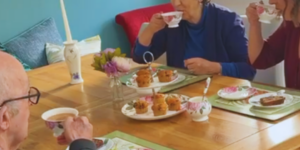
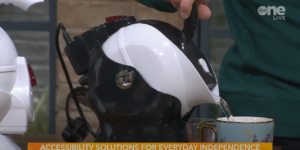

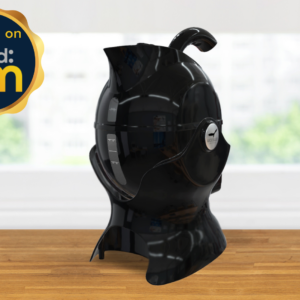
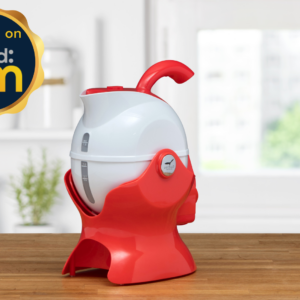
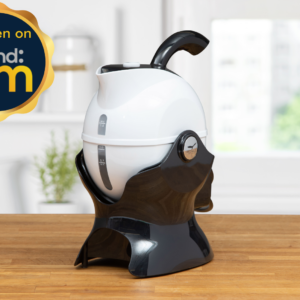

Leave a Comment